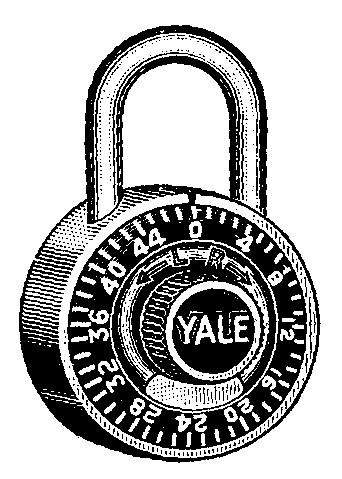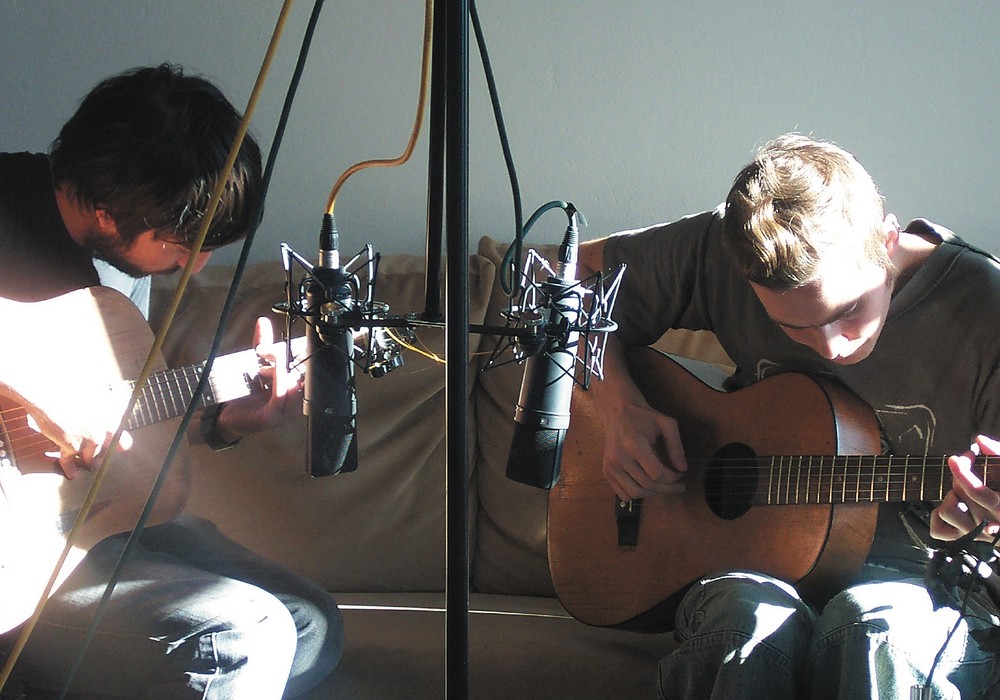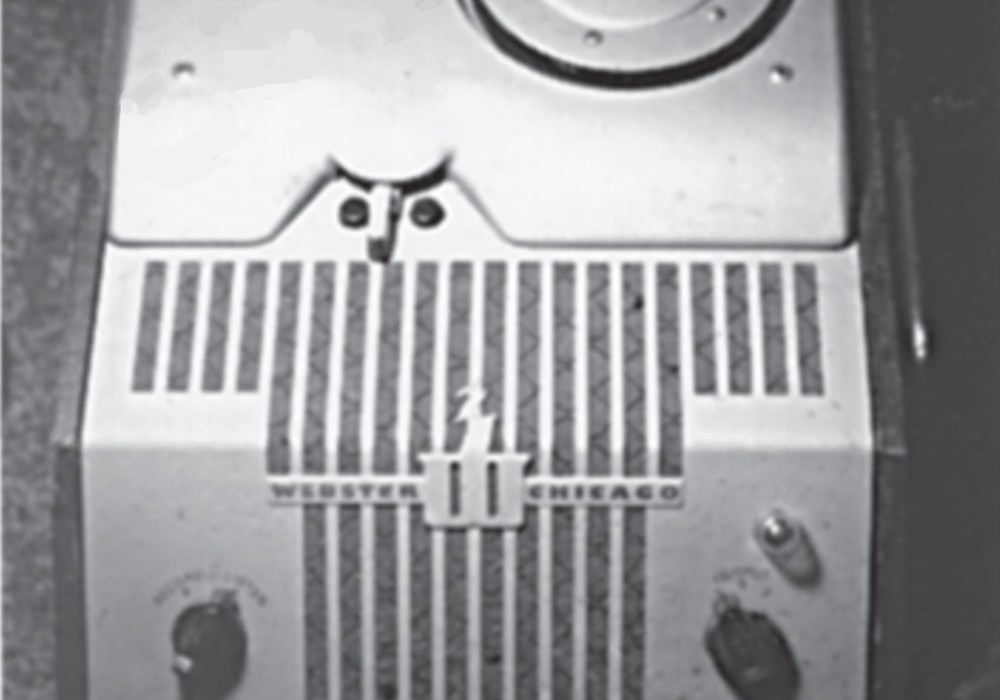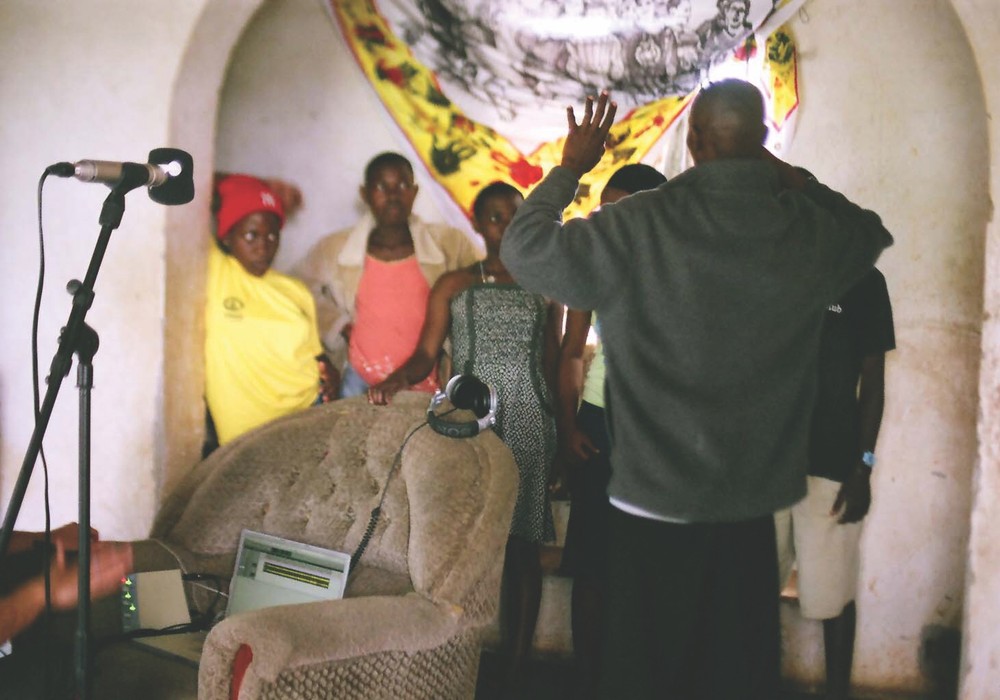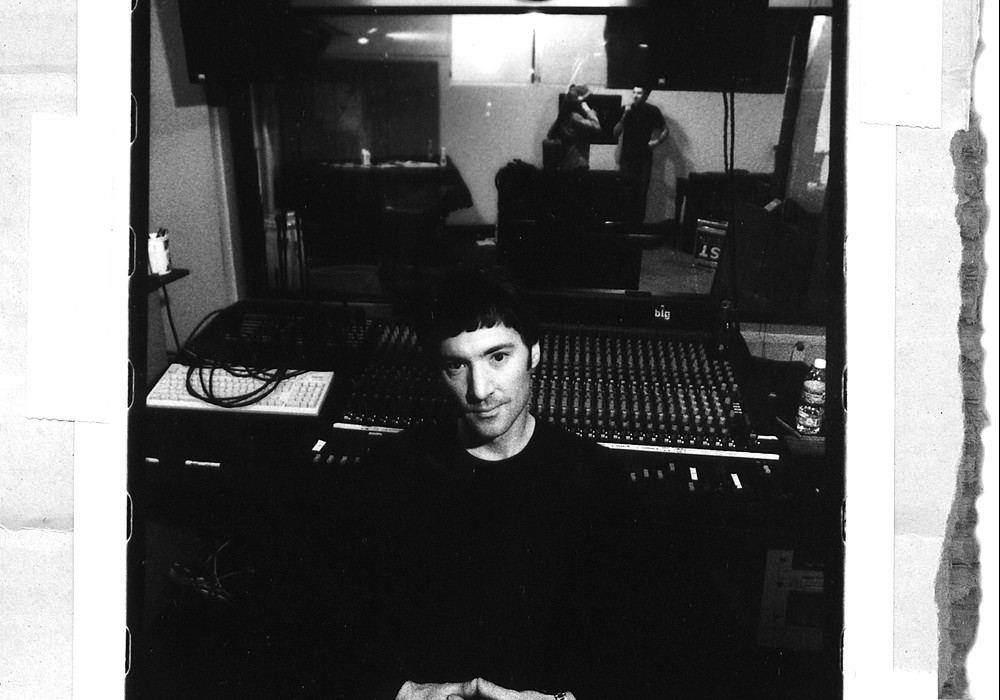There is an epidemic sweeping the music industry. No, it's not an STD or computer virus, but something just as bad: Studios are falling prey to equipment theft. Audio gear is being stolen from studios not only to be sold, but also to be used by the thieves themselves. With so many smaller home studios starting up, and the prices of equipment so high, these culprits look for vulnerable studios that have the equipment they can sell or want for personal use. Computers, microphones, drum machines and keyboards are just some of the items on the thieves' shopping list.
Back in the early '90s it was primarily the larger studios that were being hit by burglars. Frequently these incidents went unreported, or were not widely distributed to people in the music industry. Over the past year alone there have been more than eleven studios in the New York area that have been victimized. Most of the crimes were committed by so-called "clients" — someone who's been in the studio before, or someone who knows the studio well. And the epidemic has affected smaller studios as well as larger ones.
How To Keep What's Yours
The best way to keep studio equipment from "walking" is to make sure that strangers don't enter the facility. This is, of course, unrealistic. The very nature of a commercial studio requires it to be open to any and all business that comes through the door. However, there are many ways to secure your equipment and prevent it from leaving with your "clients".
1. Add surveillance systems or cameras, video recorders or a silent alarm system. Be sure to post signs indicating that the premises are being watched. This can be an expensive addition to your studio, but it might be a small cost compared to the value of the stolen equipment and the resulting loss of business.
2. Make it difficult to remove equipment from the studio. Mount as much of your gear as possible in steel equipment racks and secure it using security mounting screws. The harder it is to remove a piece of gear, the less likely it is to be stolen.
3. Register your equipment with the manufacturers. Always fill out your warranty cards and send them in. They are your proof of ownership. In one incident, the serial numbers of microphones stolen from a studio in NYC were on file with the manufacturer. When the thieves tried to sell the microphones to a studio in North Carolina, the owner called the manufacturer who told the studio that the mics were registered in New York City. The manufacturer released all the information so the buyers could confirm these mics did belong to them, and that's how the thieves got caught when they came back to North Carolina to sell the rest of the equipment.
4. Mark all your equipment. Purchase an engraving tool and mark all your equipment with your address, social security number or some other type of identification. For those smaller home studios that cannot afford a good video security system to help protect their valuables, this will make it harder for someone to sell them.
5. Insure your equipment. In the unhappy event of a burglary, an insurance policy correctly written will help you quickly replace the stolen items and keep you in business. There are companies that specialize in insuring recording studios. They know the value of all your gear and can help in advising how best to protect it.
6. Make a record of all your equipment and keep it in a safe place. This will be necessary for your insurance company but it will also help you and the police quickly know the extent of a theft. Take photos of all your equipment, front and back. Include the serial number of the gear if possible. Make a complete list of all of your equipment and include in the list the make, model and serial number, the date purchased, price and vendor you bought it from.
7. Keep all original receipts with date of purchase. Keep them all in a safe place (e.g., a safe or fireproof box).
8. Join your community watchdog patrol group. Let them know when you are going to be away for any period time and ask them report any unusual activity involving your studio (e.g., equipment being removed from your location without notification).
9. Always be aware of customers calling the studio and leaving a cell phone number as a point of contact. Try to get an address with a landline phone number or mailing address for billing.
10. Beware of clients booking sessions late at night. Always try to get some type of legal identification (a drivers license, for example).
11. Always back up your sessions when using a computer. Put your hard drive in a protected area (in a different and secure location inside a steel box). Store all your clients' sessions on a backup hard drive. Your equipment is replaceable, but your clients' trust isn't. I can't stress enough the impact a theft will have on your clients' relationship with the studio. It's like adding salt to an open wound.
Bottom line: The harder you make it for the thieves to steal from you, the safer your property will be. These steps should help you protect your equipment...


